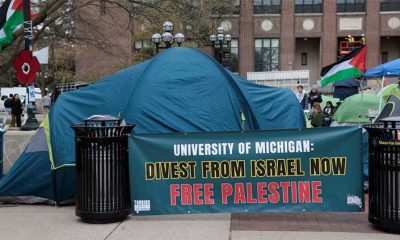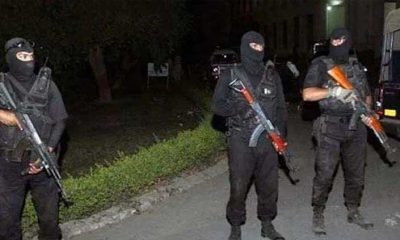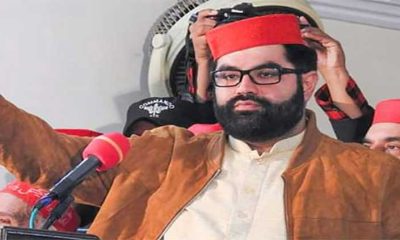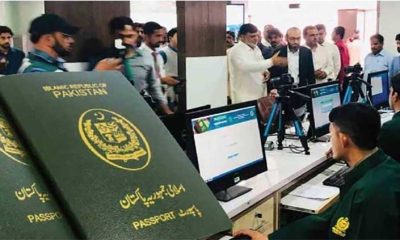pakistan
Nighat Dad joins UN Secretary General’s advisory body on AI
Nighat Dad joins UN Secretary General’s advisory body on AI
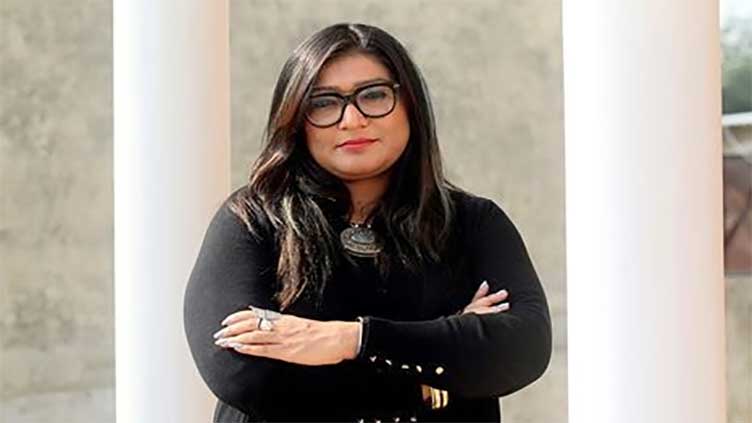
pakistan
Dozens arrested in weekend of protests on US campuses
Dozens arrested in weekend of protests on US campuses
pakistan
Dar meets Azeri counterpart on margins of OIC Summit, discusses bilateral cooperation
Dar meets Azeri counterpart on margins of OIC Summit, discusses bilateral cooperation
pakistan
Two key TTP operatives killed in Rawalpindi operation
Two key TTP operatives killed in Rawalpindi operation
-

 Sports3 months ago
Sports3 months agoSon and Bissouma ready for Spurs game with Brighton
-

 Fashion2 months ago
Fashion2 months agoGiorgio Armani catwalk blooms with florals at Milan Fashion Week
-

 Sports3 months ago
Sports3 months agoSinisterra signs long-term deal with Bournemouth
-

 pakistan3 months ago
pakistan3 months agoECP convenes emergency meeting today
-

 pakistan3 months ago
pakistan3 months agoECP rejects Salman Akram’s plea for PTI affiliation
-

 World2 months ago
World2 months agoTaiwan ally Tuvalu names Feleti Teo as new prime minister
-

 World2 months ago
World2 months agoTunisia court sentences ex-president Marzouki to 8 years in absentia
-

 Sports2 months ago
Sports2 months agoScaled-back opening ceremony for Paris Olympics to offer 326,000 tickets

